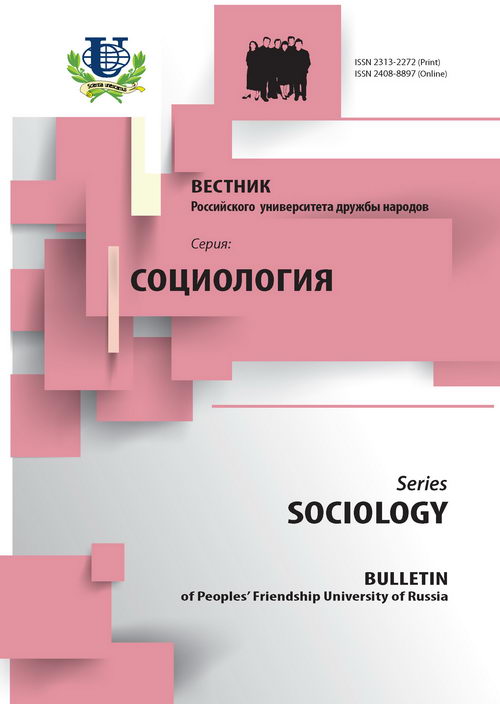Abstract
The article considers J. Foran’s sociology of revolution through the stages of evolution of his theoretical and methodological views and the works representing them. The trajectory of Foran’s sociology of revolution reflects in many respects the development of the contemporary comparative and historical sociology of revolution: from the fundamental historical research of a few classical cases to the quantitative study of an extremely wide range of examples and after that to the prediction of the ‘revolution-like’ events’ in future. According to Foran, there are three ways to consider the future of revolutions: 1) the analysis of the revolutions of the past, 2) the look into the future in terms of the existing theories, 3) the sources of sociological imagination. These three methods correspond to three stages in Foran’s sociology of revolution: after conducting the historical study of the situation and revolutions in Iran, the comparative analysis of 39 revolution events in the Third World countries and then an attempt to imagine patterns of future revolutions on the example of Zapatistas’ revolution in Mexico in 1994 and the struggle for global justice at the beginning of the XXI century. Despite the evolution of the subject and methodology of the theory, the concept ‘political culture of opposition’ remained the central category of Foran’s model. This complex notion describes such social process when under the influence of material and discursive elements the revolutionaries found out some common discourse that prescribed them to participate in collective actions to change their societies. Thus, Foran states that revolutions are the product of both structural conditions and human agency and the latter is due to both political-economic and cultural reasons. The cultural-structural character of Foran’s approach makes it relevant for the study of contemporary revolutionary events.












